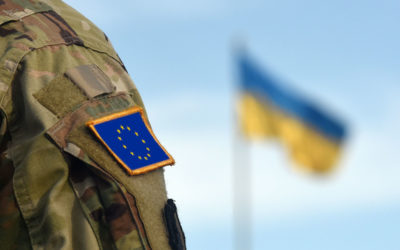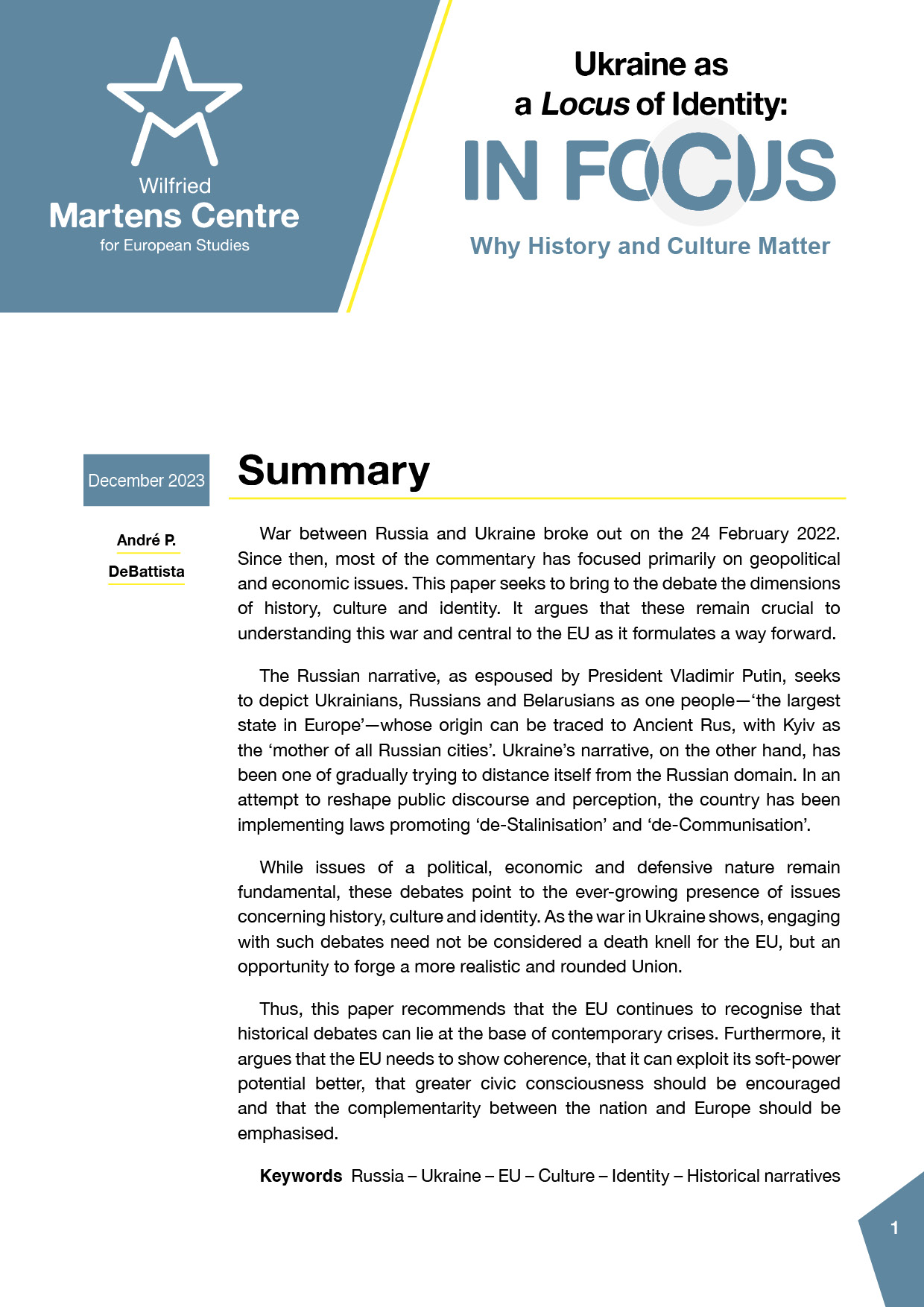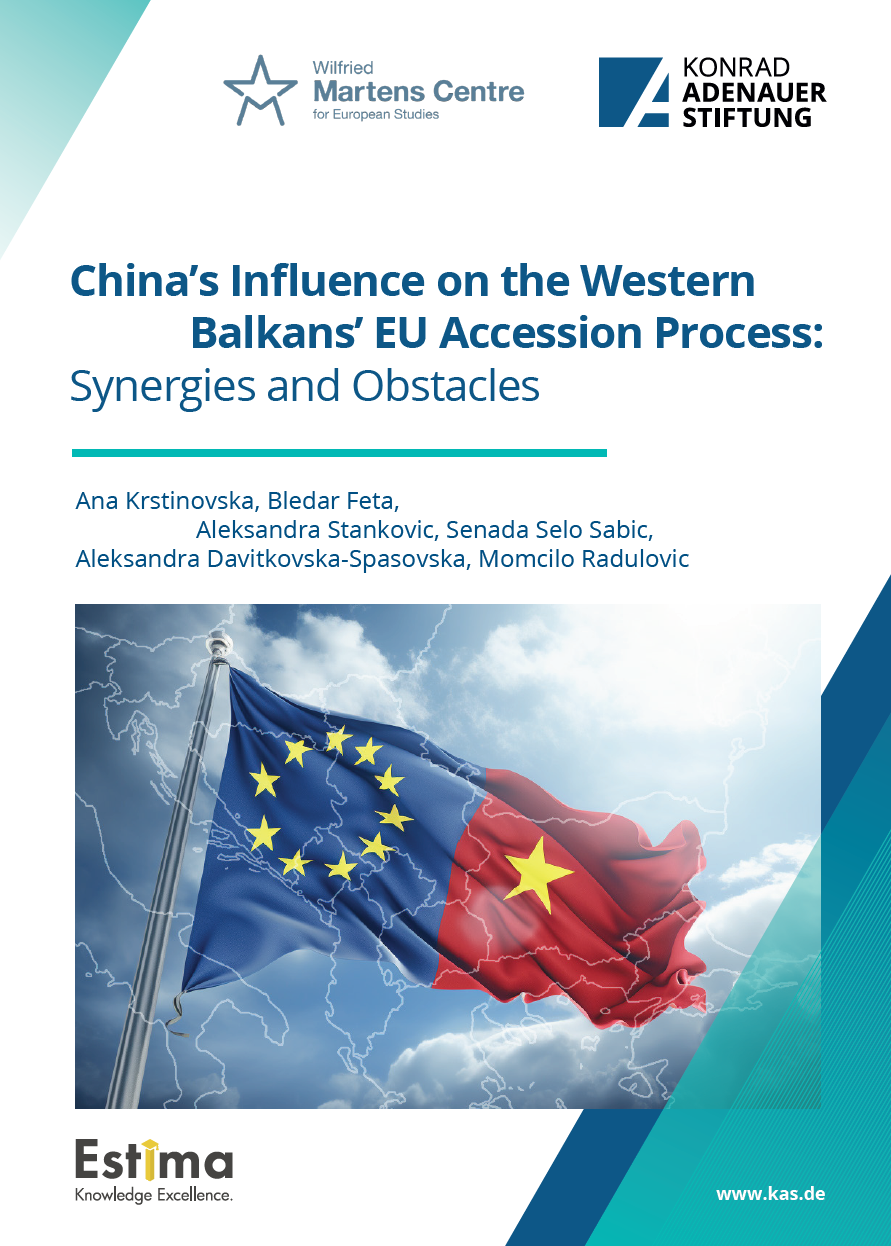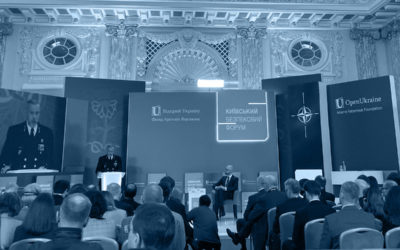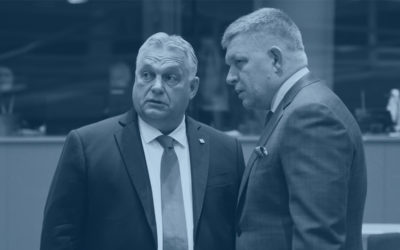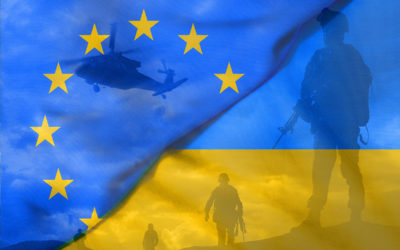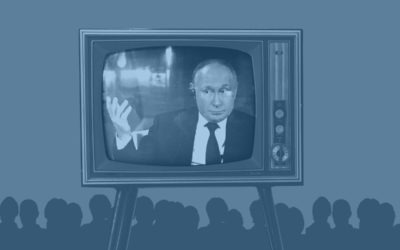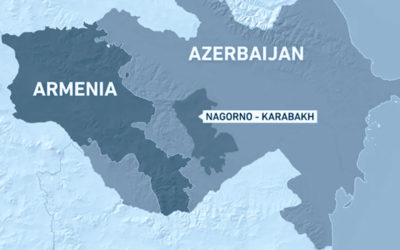Gagauzia: A new attack on the Eastern Partnership?
05 February 2014
With world attention fixed on Ukraine, the referendum on Sunday (2 February) in Gagauzia, a part of Moldova which few people have heard of, did not get much attention.
The Gagauz – some 150,000 people, who are Turkic-speaking Orthodox Christians – voted overwhelmingly in favour of joining Russia’s Customs Union instead of EU integration.
EU neighbourhood commissioner Stefan Fuele had recently visited the region. He spoke of the potential benefits of closer EU-Moldova ties, highlighting prospects for EU visa-free travel. His intervention did nothing to change the outcome, however. As Gagauz envoys explained on a visit to Brussels last week, they want easier access to the Russian labour market instead.
Sunday’s referendum also had a question about Gagauzia’s right to declare independence from Moldova. Again, an overwhelming majority wanted the right to secede. The referendum has no legal consequences because Moldovan courts have ruled it illegal. But it does have the potential to revive recent protests against Moldova’s plan to sign an EU association and free trade treaty. More dangerously, it has the potential to enflame separatist tendencies.
Moldova already has one breakaway region, which has become a de facto state and a source of long-term instability: Transniestria. The business interests of the Transniestrian elite are becoming increasingly tied to the EU, however. The region has no border with Russia, and it is does not depend on Russian markets or subsidies to the same extent as other breakaway entities in the former Soviet territories.
If Moldova-Transniestria relations mend, the Gagauzia referendum is an alternative source of instability. Some pro-Russian politicians in Chisianu are already calling for similar votes in other parts of Moldova.
As a former Georgian ambassador, I can tell you that these processes can, in the worst case scenario, spiral into armed confrontation. This is what happened in Georgia in the 1990s. Our civil wars began with autonomous regions deciding, via referendums, to stay in the USSR.
The Gagauz development clearly serves Russian interests. There are rumours the referendum was funded by Russian oligarchs of Gagauz origin. Some low-level Russian MPs frequented the region recently and Russian media have increased pro-Customs-Union content in Moldova. But there is no hard evidence of a Russian destabilisation campaign.
Whether or not the Gagauz vote was a spontaneous event, the EU needs to maintain a watchful eye. It should step up its public diplomacy in Moldova, with high-visibility economic projects that benefit local people and more high-level visits, including to local municipalities. It should speed up preparations to sign the association and free trade pact. It should also start a dialogue with Russia to avert the kind of crisis which unfolded in Ukraine.
Russia, which knows the nooks and crannies of its former empire better than EU diplomats do, also knows how to make pro-EU reforms falter. It would be great if the Kremlin understood that the spread of stability, democracy, rule of law, and the prosperity they bring, are in Russia’s own interests. But it seems we are still a long way from reaching this point.
[Originally published by EUobserver on 04.02.2014: http://euobserver.com/opinion/123000]
ENJOYING THIS CONTENT?




